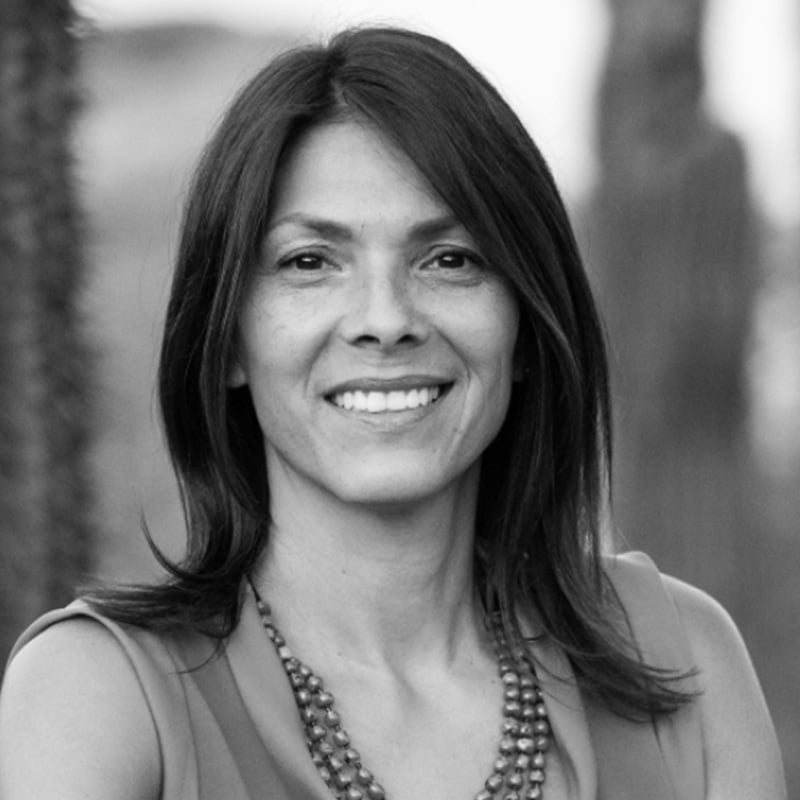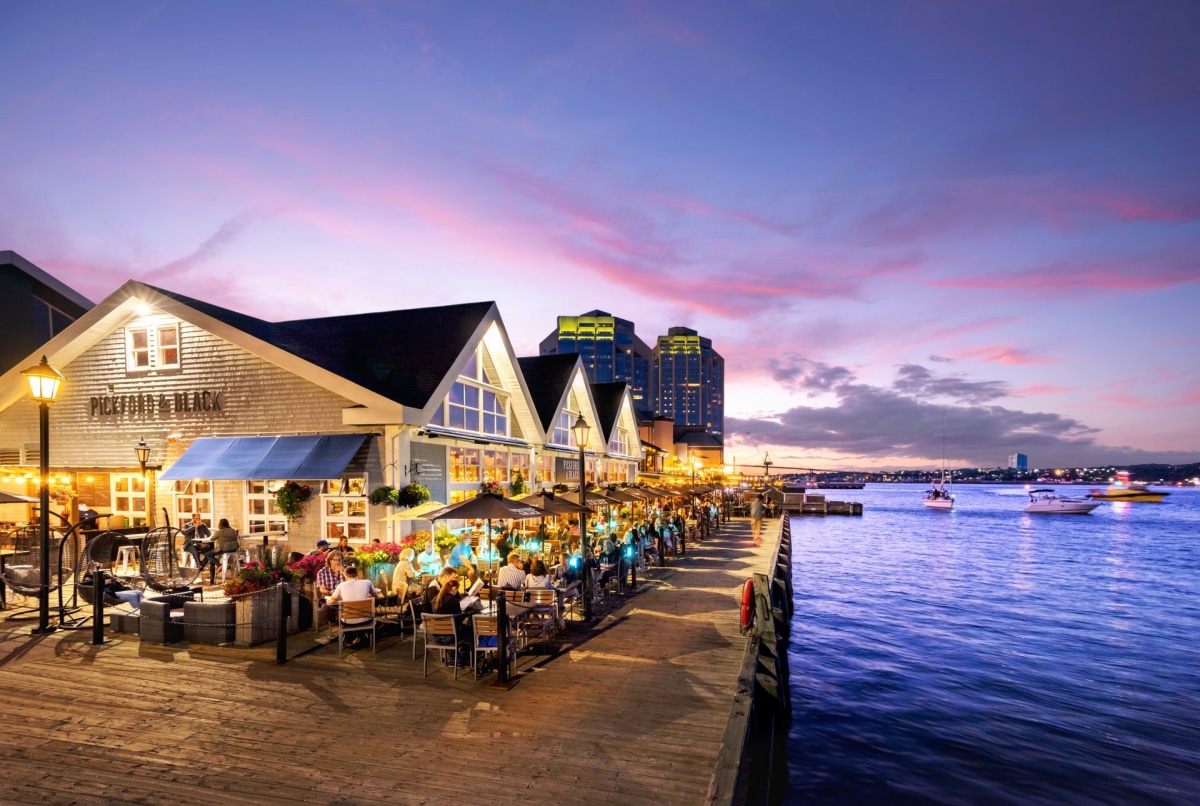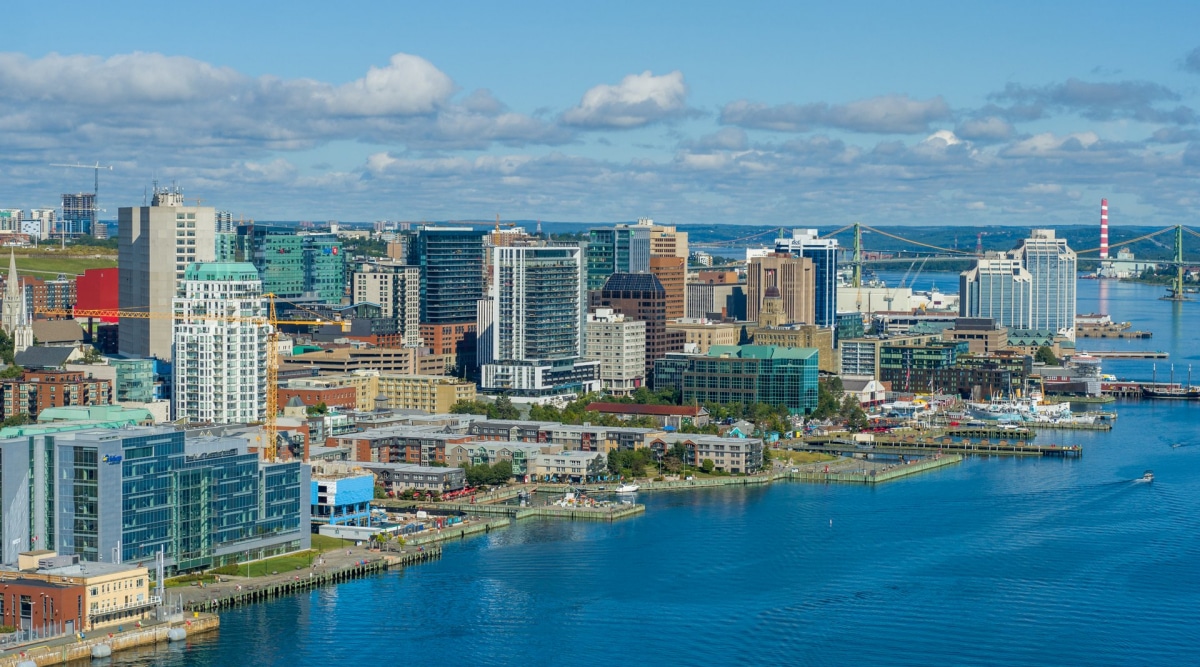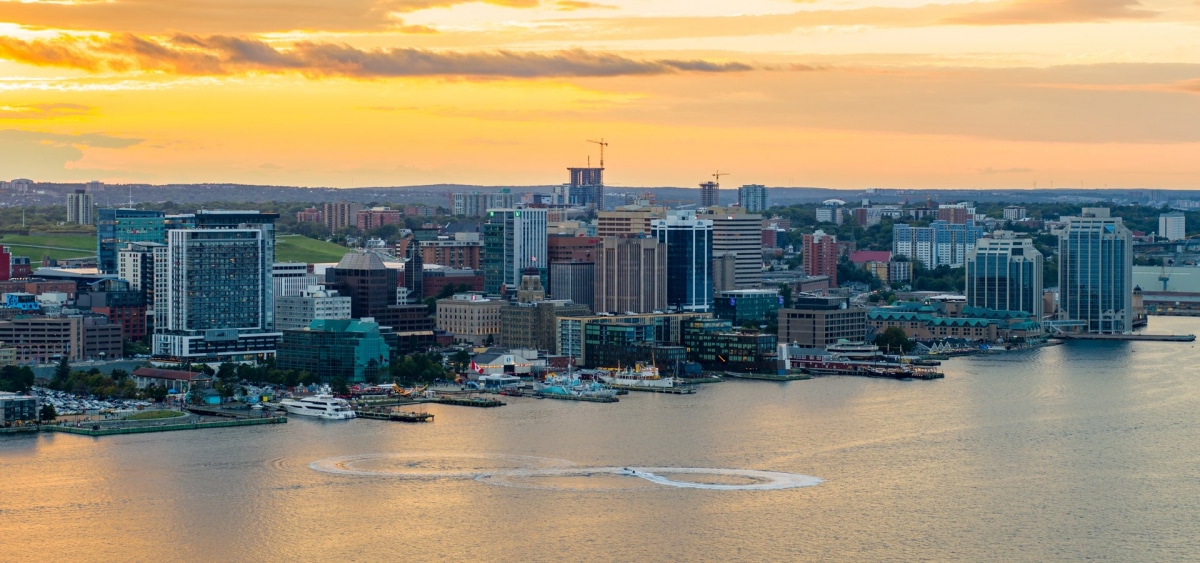April 11, 2025
The organizers of the 2025 ACSA/EAAE Teachers Conference would like to let you know that the Conflict: Resolution conference, scheduled for June 12-14, 2025, in Halifax, Nova Scotia, will not be held in Halifax under this theme, in light of the perspectives of the host institution, Dalhousie University, over ACSA’s recent decisions related to the Journal of Architectural Education. We are working to provide an update as soon as possible and will seek to address specific concerns of conference presenters and attendees, including ways to continue to support scholarship and critical discussions for our community of educators. Thank you for your patience.
Conference Overview
The Association of Collegiate Schools of Architecture (ACSA) and the European Association for Architectural Education (EAAE) are pleased to announce the fourth, biennial joint Teachers Conference being hosted by Dalhousie University. The conference will take place June 12-14, 2025, in Halifax, Nova Scotia. This year we ask how conflict situations can be reframed as sites of design, and what new structures for resolution are possible?
Conflict : Resolution
As architectural concerns expand to account for today’s social and environmental crises, architects are increasingly caught up in a multitude of conflicts. These conflicts transcend individual scales: from the classroom to the community, and from the building to geopolitics. Architects may orient architectural tools toward social ends, but architecture is not conventionally defined as a practice of mediation, negotiation, or reconciliation. Architects are not trained in conflict resolution. To consider how the built environment produces or diffuses conflict is to rethink the role of the designer, imagine new interdisciplinary interactions, and clarify the social, political, and technological motivations for architectural pedagogy.
Building on agonistic models of democracy which present conflict not as an obstacle but an opportunity, this conference acknowledges that conflict is inevitable and asks how architectural education and practice can respond to the increasingly palpable conflicts around us. Differences of opinion in the studio, curricular obstacles, preservationist activism, the architectural labor movement, tactical and humanitarian architecture, war and urbicide—how can the discipline actively engage difference to move beyond polarization? Educators today have been tasked with equipping the discipline with a toolkit for vastly divergent concerns. Yet even macro-conflicts linked to humanity’s addiction to oil, reparations, the Truth and Reconciliation Commission, and migration policy demand highly localized spatial actions that can ripple within communities. At the middle scale, the global crisis of public space can also be considered: with the increasing privatization of space, what room is there for dissent and democratic rebuilding? Conversely, emergent material investigations and design-build work can be starting points for rethinking conflicts linked to extractive systems and resource scarcity.
Beyond mapping architectural “controversies,” this conference asks how conflict situations can be reframed as sites of design. In this international conversation on pedagogy and research, there may be divergent frames of reference for the relationship between politics and architecture. Acts of representing, making, spatializing can render the mechanics of disagreement visible and suggest alternate pathways for equitable futures. The task is also to assess architecture’s disciplinary vulnerability: interdisciplinary alliances or “cross-appointed” experts can produce nimble models of practice that reconsider how institutions can legitimately participate in social change. Conflict reorganizes the relationship between construction and repair. What new structures for resolution are possible?
Steering Committee
Roger Mullin
Conference Co-Chair, Dalhousie University
Roberto Cavallo
EAAE President, TU Delft
Cathi Ho Schar
ACSA President 2024-2025, University of Hawaii
Mia Roth-Cerina
EAAE, University of Zagreb
Massimo Santanicchia
EAAE, Iceland University of the Arts
Michael Monti
ACSA Executive Director
Eric W. Ellis
ACSA Senior Director of Operations and Programs
Opening Keynote

Wanda Dalla Costa
Arizona State University & TAWAW Architecture Collective
Wanda Dalla Costa, AIA, FRAIC, LEED A.P. is a member of the Saddle Lake Cree Nation. Her firm, TAWAW Architecture Collective has offices in both Phoenix and Calgary. At Arizona State University, she is the director and founder of the Indigenous Design Collaborative. Her teaching and research are focused on Indigenous ways of knowing, co-design methodologies, and the resiliency of vernacular architectures. Dalla Costa received an Honorary Doctorate in 2023 from Athabasca University and was recognized as an Honorary Fellow of the Royal Architecture Institute of Canada and is a YBCA 100 recipient by the Yerba Buena Center for the Arts, a list which celebrates people, organizations, and movements shifting culture through ideas, their art, and their activism.
Closing Keynote

Balakrishnan Rajagopal
Massachusetts Institute of Technology, Department of Urban Studies and Planning
Balakrishnan Rajagopal is the UN Special Rapporteur on the Right to Adequate Housing and a professor of law and development at the Department of Urban Studies and Planning at the Massachusetts Institute of Technology. He founded and directs the Displacement Research and Action Network (DRAN) at MIT and has more than 30 years of experience in researching and publishing on international law, social movements, displacement, land, property and housing.
He is recognized as a leading participant in the Third World Approaches to International Law (TWAIL) Network of scholars and as one of its founders. He is a Counsellor to the American Society of International Law and a member of its Executive Council.
He has published numerous scholarly articles in leading law and social science journals and chapters in various volumes. He is the author/editor of five books including International Law from Below: Development, Social Movements and Third World Resistance (Cambridge: Cambridge University Press, 2003), and most recently Critical Issues in Human Rights and Development (co-editor, Edward Elgar, 2021) and many UN reports as UN Rapporteur. His work has been translated into Chinese, Spanish, and French. He also publishes and features widely in the media on human rights, housing and international law issues.
Location
Halifax, Nova Scotia
Halifax is the capital city of Nova Scotia. It is located on the east coast of Canada on the Atlantic Ocean. Influenced by the land, sea, history, and people, Halifax has a distinct character and charm you won’t find anywhere else. Halifax is diverse, bold, beautiful and home to come of the friendliest people in the world. No matter who you are or where you are coming from, Halifax welcomes you.
Conference Sponsor
Questions
Michelle Sturges
Conferences Manager
202-785-2324
msturges@acsa-arch.org
Eric W. Ellis
Senior Director of Operations and Programs
202-785-2324
eellis@acsa-arch.org

 Study Architecture
Study Architecture  ProPEL
ProPEL 










